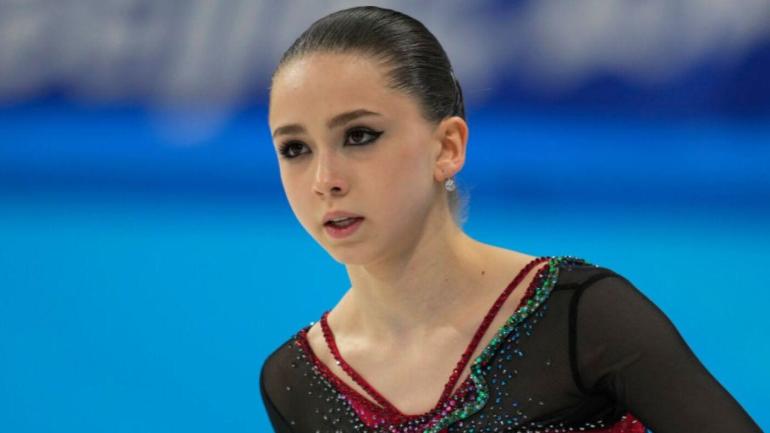
The Russian Anti-Doping Agency (RUSADA) has found "no fault or negligence" in the doping case of figure skater Kamila Valieva, according to a statement from the World Anti-Doping Agency (WADA).
Despite testing positive for traces of trimetazidine in December 2021, RUSADA allowed the 15-year-old Valieva to compete at the 2022 Winter Olympics. Upon reviewing her case, RUSADA said that Valieva did commit an anti-doping rule violation, but she owned "no fault or negligence" in the situation.
Despite that ruling, WADA will continue its investigation into Valieva. WADA has requested a copy of RUSADA'S "full reasoned" decision, suggesting an appeal could be coming upon its review.
"WADA notes this outcome and has requested a copy of the full reasoned decision, which it will review together with the case file in order to determine whether the ruling is in line with the terms of the World Anti-Doping Code," WADA said in a statement. "However, based on the elements of the case with which WADA is already familiar, the Agency is concerned by the finding of 'no fault or negligence' and will not hesitate to exercise its right of appeal to the Court of Arbitration for Sport, as appropriate.
"Following a full review of the RUSADA decision, WADA will consider what its next steps will be so that the matter is dealt with as quickly as possible and without further undue delay."
In February 2022, International Olympic Committee disciplinary commission chairman Denis Oswald said that Valieva offered an explanation for her tainted sample.
"Her argument was this contamination happened with a product her grandfather was taking," Oswald said.
Valieva went on to finish fourth in the individual figure skating event, but she and her fellow Russians did win the gold medal in the team event. Depending upon the outcome of Valieva's case with WADA, the United States could retroactively win gold in the team event.




















